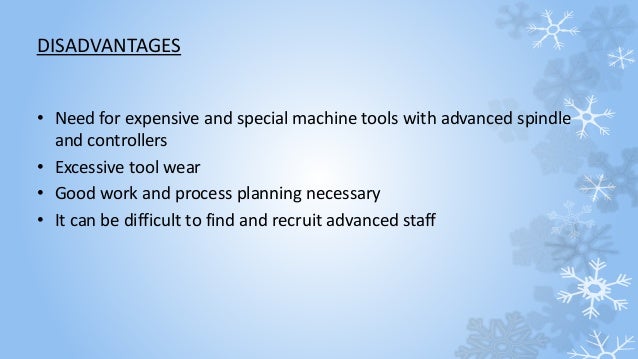Advantages And Disadvantages Of Special Purpose Software

In today’s competitive business world, cost is typically a major concern – making it difficult to decide whether to purchase off-the-shelf software. Sometimes a general package will fit the bill, but a specialised business will often need specialist processes to support it. A manufacturing business, a PR company and a service provider will all have different structures, processes, needs, and customers. The entire way they do business will be fundamentally different, which means a “one-size-fits-all” approach often simply doesn’t go all the way towards meeting their unique requirements.
These are some of the considerations to bear in mind when making strategic decisions around business software: Training Many off-the-shelf solutions have a library of tutorials to follow, which is great for small scale buyers. There are also training companies that specialise in providing training for popular software. However, this training won’t be specific to your industry or your organisation, but instead aimed at a general audience. Support Centralised support services may be remote and slow to respond, and the time zones might not suit your business if the product was developed overseas. But as a user of an off-the-shelf product, you may have access to a user-based community to expand the baseline support service.
Development influence A popular off-the-shelf solution will have a wide audience of users who can request functionality, add-ons and integrations. And while some businesses will welcome not having to spend time to provide input to custom-built software, they may also be frustrated by not being able to actively drive updates for new features as directly as they would be able to do in a customised project. Price Clearly, the development cost of off-the-shelf packages can be recovered over a large number of buyers, making the cost for the customer. However, using a general software solution means you can’t have technology designed around your processes – but instead need to adapt your processes to the software, which can also cost money to do. For many businesses, investing in a costlier custom solution is actually better value in the long term, but it is a matter of balancing your priorities and budgets when considering the long-term software spend. Fitness for purpose Generic applications can be extremely sophisticated, as they are developed for a wide audience and have had considerable investment going into their construction.
They are likely to be designed to fit as broad a range of applications as possible, but this can lead to cumbersome features you neither need nor want. If you have to keep figuring out work-arounds to avoid unnecessary, laborious data entry forms, it can slow down the overall operation. Some software packages are reputed to have. Some even say that, at best, an off-the-shelf solution meets only 80% of your needs. Software updates and upgrades Updates for off-the-shelf software normally happen regularly and aim to take advantage of new technological developments, adding new features and benefits. Typically, existing customers are favoured in update pricing.
Advantages And Disadvantages Of Technology

However, unexpected upgrades can cause disruption if your legacy data is no longer compatible with the new version, or if support for old products is discontinued. Also, you may not be able to influence the roadmap for any other upgrades you’d like to see. Ownership One of the key benefits of off-the-shelf software is that you don’t own it. It will always be developed, maintained and supported by the solution vendor, as a fully managed and – hopefully – proactively improved solution. Interestingly, however, this same aspect is also one of its key disadvantages.

Advantages And Disadvantages Of Using Technology
You never own the right to modify or streamline off-the-shelf software, you can’t copy it and you can’t resell it. Trials When searching for an off-the-shelf solution, the chances are you’ll find a free trial version to try before you buy. However, it isn’t like trying cheeses at the deli. Somebody will have to invest time and effort into making sure the product is put through its paces, and determine if it does what you want (or not). Also, it’s worth remembering that trials are by their very nature designed to make the product look as compelling as possible, in order to trigger a desire to purchase. In a worst case scenario, an impulsive purchase can end up being a one-trick pony that doesn’t have the resources to support the business in the long term.